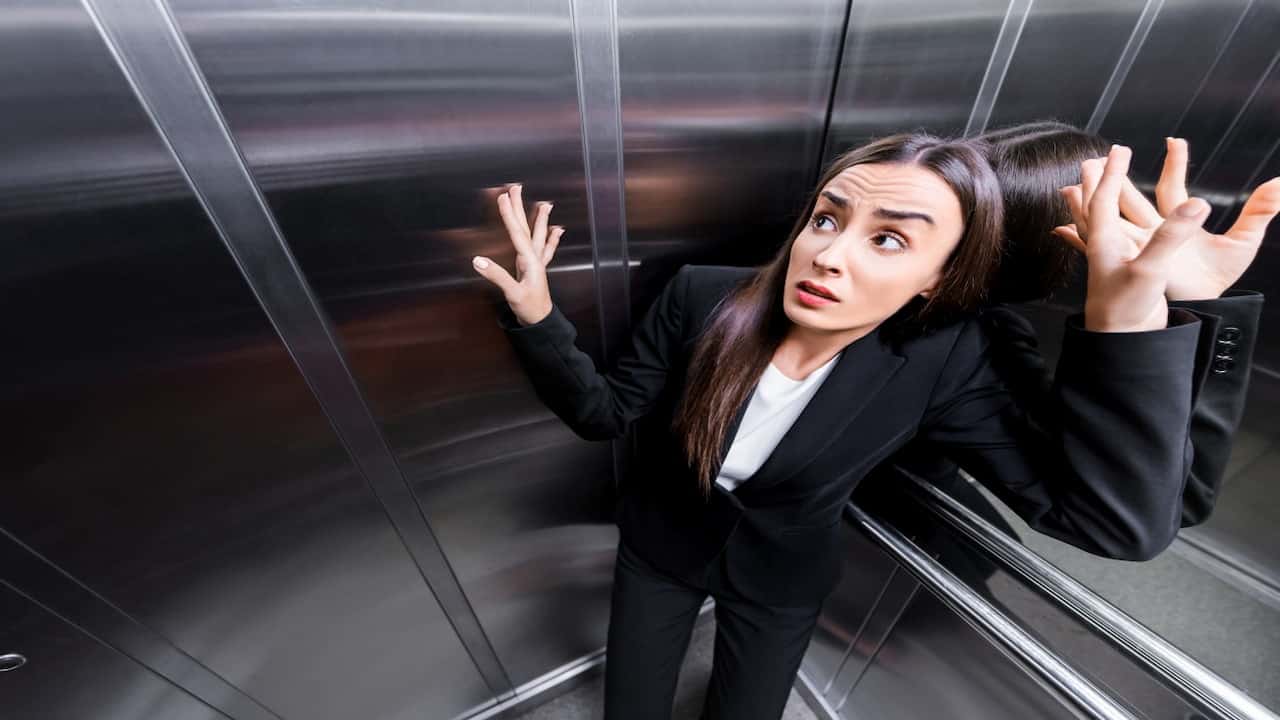Have you ever felt anxious, or experienced panic attacks when you were in a small space? What are your reactions in confined and small spaces? If you find yourself frightened by the idea of small and confined places, then you probably have claustrophobia.
Claustrophobia is a phenomenon that can significantly impact your life if you don’t find a way to control it sooner. Many people who once had claustrophobia have positive testimonials about hypnosis. Hypnosis for claustrophobia has proven effective in people who look forward to overcoming this problem.
Hypnosis manipulates the subconscious mind of those who feel claustrophobic, allowing them to have control over their feeling, and by so doing, help them manage their situation. You should consider safely practiced hypnosis if you are affected.
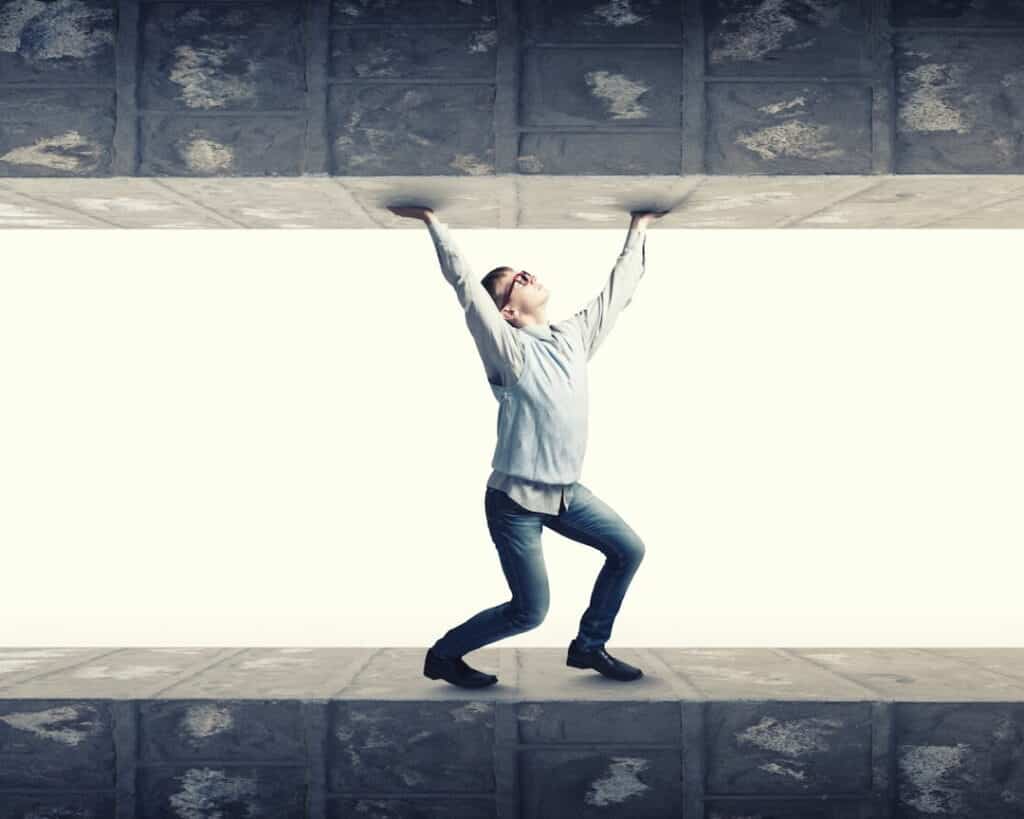
Hypnosis Downloads
Did you know that you can let hypnosis help you in fighting claustrophobia without the help of a hypnotherapist? Hypnosis audios are available, which you can download and listen to on your own.
There are over 1,250 hypnosis scripts from Hypnosis Downloads ready for download. Professional hypnotherapists have written and edited these scripts; therefore, each content included is directed towards combating claustrophobia. The pacing, rhythm, language technique, and metaphors have all been carefully designed to meet the needs of a hypnotherapist and their clients. You’ll note that each script has a pre-hypnotherapy chat equipped with suggestions and reframes preceded by a hypnotherapy script.
Other than the hypnosis scripts, there are also hypnosis audios that can help you overcome claustrophobia. There are more than 1,200 audios you can download and add to your playlist. Since 1995, more than 600,000 individuals have benefitted from the hypnosis audios in combating claustrophobia.
You can also learn hypnosis to know how you can use it to address claustrophobia effectively. You can take as short as five days to complete the training, which is an online session. The short session (five videos) aims to teach you how to use the appropriate voice tone, word choice, and sentence structure in hypnotizing.
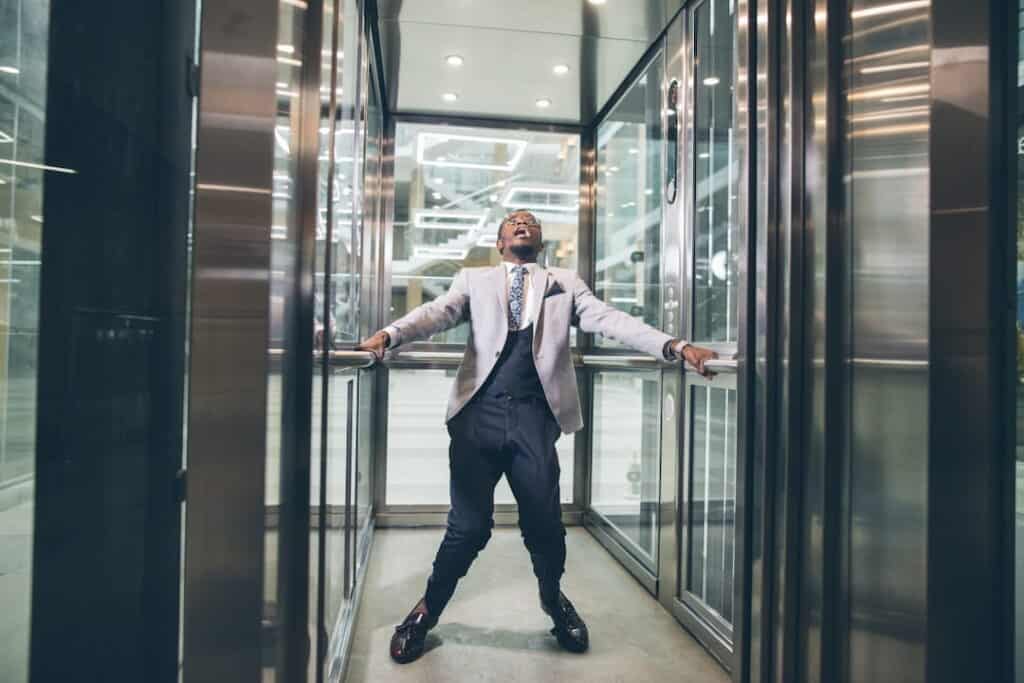
What Is Claustrophobia
Claustrophobia is the fear of enclosed areas, thinking that you may get trapped and fail to get your way out. Claustrophobia affects people in different ways and at various levels. Some people have panic attacks when left alone in confined areas, while some fear the thought of being trapped in a confined space.
This feeling is a common phobia and, in severe cases, can significantly affect an individual’s life. Most people who suffer from this phenomenon find it challenging to overcome it and may remain helpless. Claustrophobia is not all about confined and small places; some people develop anxiety (see anxiety hypnosis) and panic in crowds when dressed in tight outfits or when hugged.
What Causes Fear of Small Spaces to Spike in Claustrophobic Individuals?
When you experience a negative event at a particular place, there are chances that your brain will associate that place with the negative experience.
Every time you move to this place, you will be anxious and afraid.
This is coordinated by the unconscious mind, which we don’t have much control over it. A flight response causes the hypothalamus to trigger hormones that make you experience the uncommon feeling.
Claustrophobia can also result from phobias associated with blackouts, premature deaths, and freaking out.
The following factors may also trigger claustrophobia.
- Using a lift, especially ones full of people
- Being in a closet
- Staying in a small room with no windows
- Traveling in a small car or an airplane
- Being in tunnels
- being in a crowded place like concerts

Signs of Claustrophobia
There are several signs and symptoms associated with claustrophobic individuals. You’ll most likely have moderate anxiousness in a confined place. You may also develop a severe anxiety spike, which gets worse when you remain at the same point for an extended period. You’ll likely try to seek help by shouting, screaming, or escaping.
Claustrophobia can also cause you to develop fears over things that bring the feeling of being enclosed (see also hypnotherapy for fear).
The general signs of claustrophobia attack are listed below.
- You’re more likely to fail to concentrate on small details. Your mind is filled with the danger concerns that override other thoughts.
- You’re likely to have an increased blood flow rate.
- Some systems like the immune system or the digestion system are likely to shut down temporarily.
- Blood flows shift from the skin to the muscles leaving the skin cold.
- You may start to sweat and tremble.
- You may also experience a sudden stop of breathing.
- You may experience an increased heartbeat.
- in some cases, you may develop nausea
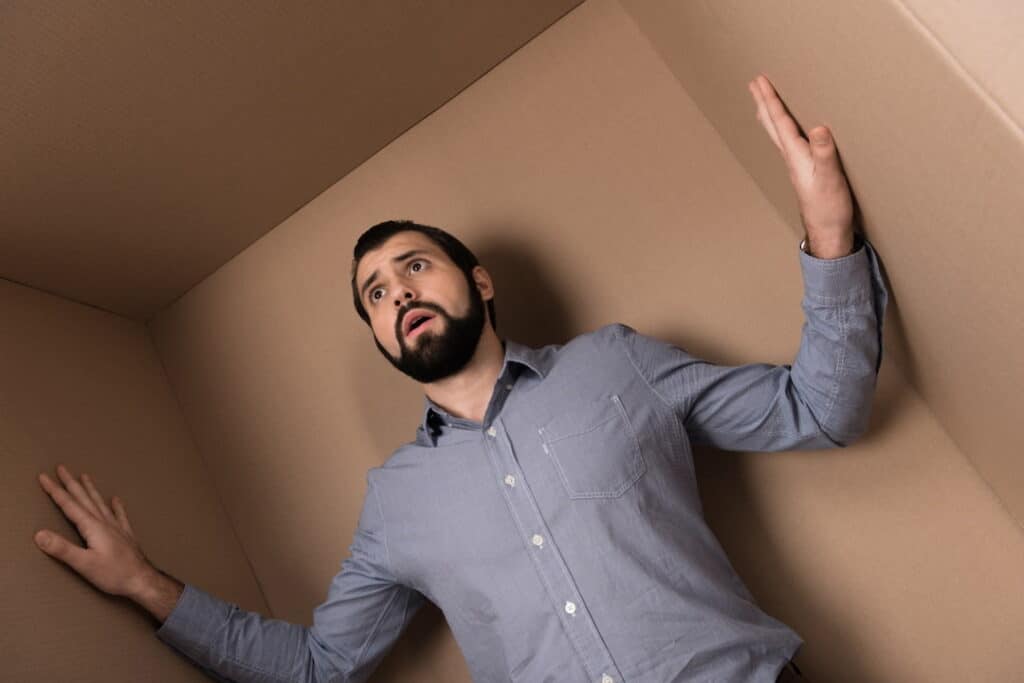
Life With Claustrophobia
Claustrophobia is not a new concept in our daily lives. This phobia is a common phenomenon that affects a significant percentage of people. Many are living with the phobia in silence, without knowing what to do to combat it. This has gone ahead to affect their lives in significant ways. Those affected have minimal chances of evading the phobia unless they opt for hypnosis. Severe cases of claustrophobia can cause those affected to fear small confined spaces, other small spaces, and large crowds.
When we’re in confined areas, we’re okay until something negative happens. This idea brings about anxiety and fears the next time we find ourselves in the same places. Your unconscious mind recalls the previous experience and, in the process developing fear and anxiety.
There are high chances for claustrophobic individuals to develop the same feelings over and over again when confined in an area that spiked up fear or negative experience some days back. They will likely feel anxious when they feel something in their surroundings might induce their claustrophobia without thinking ahead.
Efforts to fight negative feelings do not always bear fruit. The part of the brain responsible for this feeling is the subconscious mind, which is much larger than the conscious mind. We can control our conscious mind but can’t control the unconscious mind. This has become challenging to those affected as the unconscious mind overcomes every effort to combat the negative thought.
A claustrophobic parent is more likely to transmit the trait to their children because children are very observant and try as much as they can to copy what adults do.
The only lasting solution to claustrophobia is hypnotherapy and neuro Linguistic Programming (see also self-hypnotherapy). This treatment involves the pairing of the conscious and subconscious minds to compliment each other.
How Exactly Does Hypnosis Work to Combat Claustrophobia?
A key factor to fighting claustrophobia is establishing the part of the brain responsible for the feeling. That’s precisely what hypnosis for claustrophobia is all about. The root cause of this phobia is the action of the subconscious mind.
Hypnotherapy will train your brain to respond accordingly in confined places so that you do not spike fear and anxiety. By so doing, you’ll feel calm and relaxed during difficult situations. This will enable you to respond differently when faced with a situation. As a result, you’ll have a different perspective on situations that would otherwise frighten you.

The hypnotherapist will help you discover the causal factor of your phobia. After establishing the cause, you can work your way out of it from there. However, you should not expect the hypnotherapist to work miracles (see whether self-hypnosis work, too). They will most likely apply hypnotherapy techniques to adjust the conscious state of your mind. You, therefore, need to be committed for the hypnotherapy to be effective.
The involvement of Neuro-Linguistic Programming in this hypnosis treatment helps reveal your communication style, thought processes, and action and feelings pattern. Neuro-Linguistic Programming also helps identify your phobia, causes, and how you can recover from it.
This therapy strategy allows the hypnotherapist to establish the problem, the cause, and how to address it. It also allows you to live a normal and healthy life without having to worry about claustrophobia effects.
Hypnosis is excellent for claustrophobia, one of the mental health complications that affect a significant portion of the population.
How Fast Will I Experience a Change After I Prescribe to Hypnosis?
Hypnosis is, without doubt, the best solution to claustrophobia and any other kind of phobia. However, you should not expect it to work overnight. Hypnosis is a gradual process that brings about change in bits. Anything involving character development and manipulation takes time before a noticeable difference could take place.
The reaction to hypnotherapy treatment also varies between individuals. Everyone who prescribes it is guaranteed a positive change, so long as they are committed to the course.
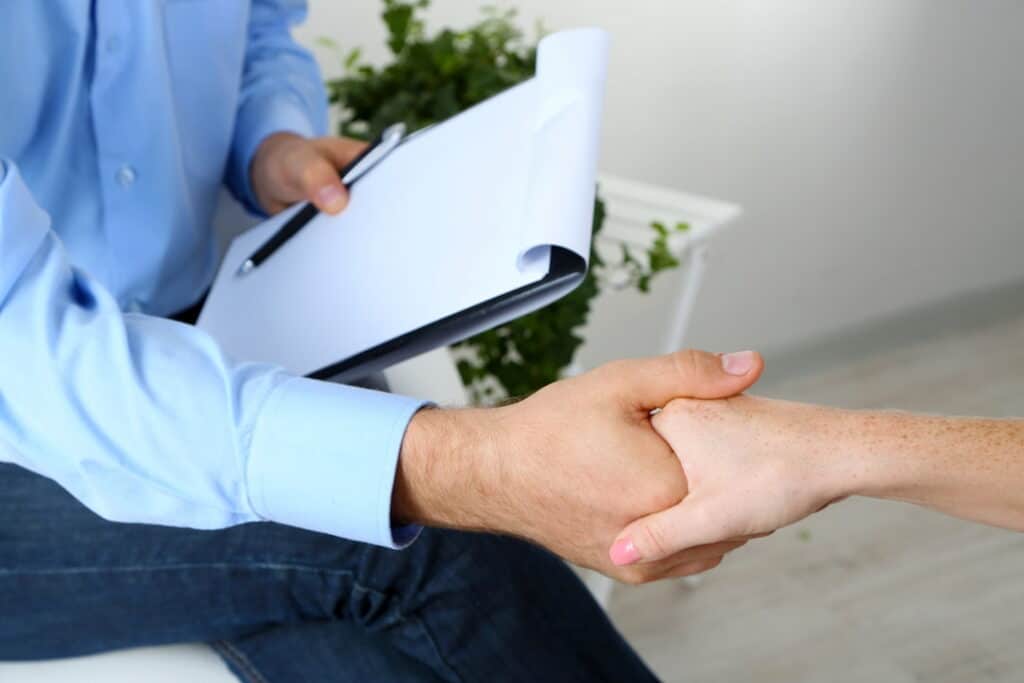
The Bottom Line
Claustrophobia is a common phobia that may significantly affect the life of the ones affected. In severe cases, the fear of small and enclosed spaces and crowded areas is a dangerous feeling that should be addressed urgently.
You may opt for an appointment for in-person hypnotherapy with an expert hypnotherapist. Alternatively, you can download an online script or audio to take you through hypnosis for claustrophobia. In all these methods, hypnosis helps you keep cool and feel comfortable while distantly reviewing the situation. This is the only way you’ll be able to help yourself out of this problem.

